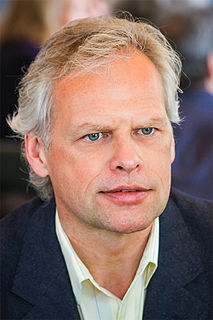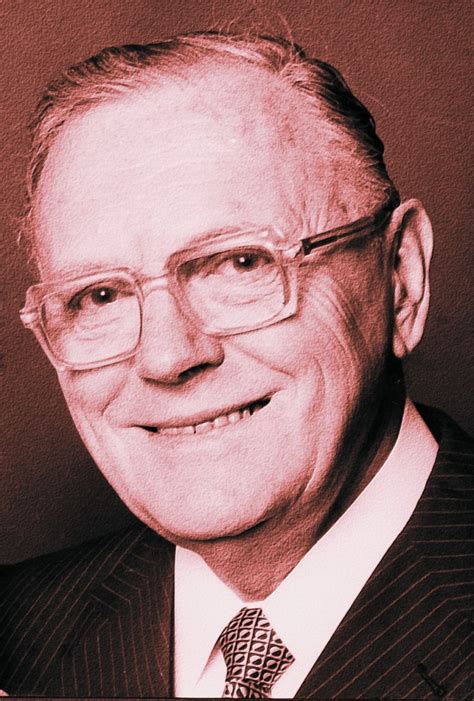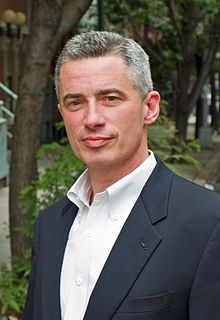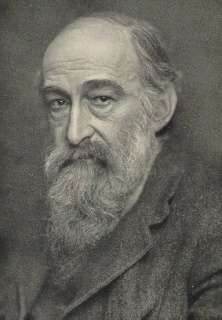A Quote by E. O. Wilson
Daily life is a comprimised blend of posturing for the sake of role-playing and of varying degrees of self-revelation. Under stressful conditions even the "true" self cannot be precisely defined, as Erving Goffman observes. ...Little wonder that the identity crisis is a major source of modern neuroticism, and that the urban middle class aches for a return to a simpler existence.
Related Quotes
The self divided is precisely where the self is authentically located. . . We all have identity crises because a single identity is a delusion of the monotheistic mind. . . Authenticity is in the illusion, playing it, seeing through it from within as we play it, like an actor who sees through his mask and can only see in this way.
In ancient China, self-government was highly developed both in community life and in personal life. The custom of mutual protection and assistance was widespread. The organization and regulations of local self-government were clearly defined and strictly applied. Individual self-control was even more strongly emphasized.
How wonderful it is that we believe in modern revelation. I cannot get over the feeling that if revelation were needed anciently, when life was simple, that revelation is also needed today, when life is complex. There never was a time in the history of the earth when men needed revelation more than they need it now.





































